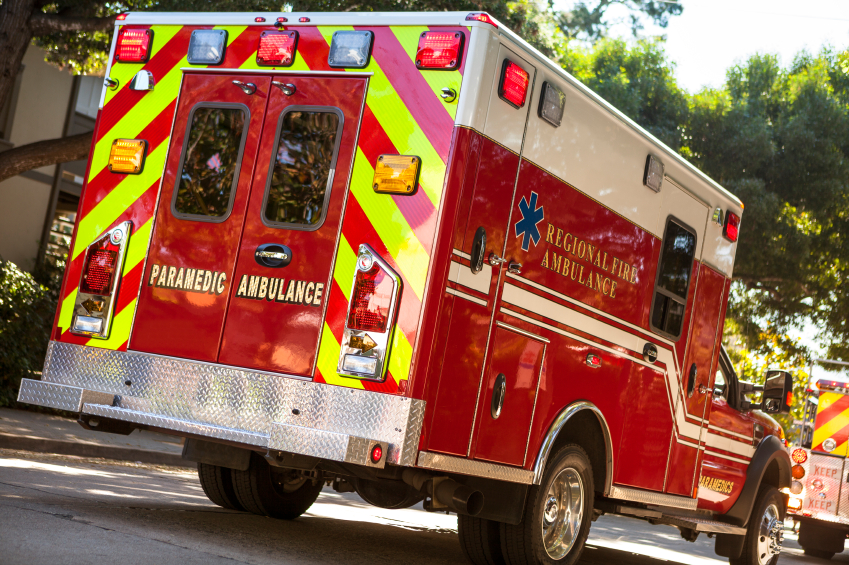In previous posts we have written about treatment individuals who have suffered a spinal injury can undergo in hopes of improving their condition. A paramedic and assistant professor of kinesiology at a Canadian university are taking a different approach to spinal injuries. They are seeking to prevent any further injury to a patient following an accident, as that individual is transported to the hospital.
 Specifically they are focusing a study on road conditions and injuries suffered by patients in ambulances. The outcome of this study could be important since for the most part, the technology used in ambulances has not changed over the past five decades.
Thus far in the course of their study, which uses sensors placed on 10 volunteer patients, the focus has been on how the following ambulance actions impact the patient:
Specifically they are focusing a study on road conditions and injuries suffered by patients in ambulances. The outcome of this study could be important since for the most part, the technology used in ambulances has not changed over the past five decades.
Thus far in the course of their study, which uses sensors placed on 10 volunteer patients, the focus has been on how the following ambulance actions impact the patient:
- Acceleration
- Braking
- Turns
The study also looked at what, if any, impact potholes had on the condition of the person being transported in the ambulance. The investigators want to know whether securing the head of the neck of a patient in a different way while they are being transported, could be safer. Since some jurisdictions have recently made the switch to just a collar positioned around the patient's neck, the outcome of this study could be quite illuminating. There is no question spinal injuries are some of the most devastating that people in the Greater Toronto Area suffer. Accordingly, it is important that steps are taken to secure the necessary medical treatment. When the negligence of another party is to blame for the injury, a personal injury lawsuit could be filed to try to secure compensation to help cover those costs. A lawyer familiar with these cases is the best place to start.
COMMENTS
We would love to hear from you - please leave your comments below!
LINKS
Expertise.
Share
Subscribe to our Newsletter

